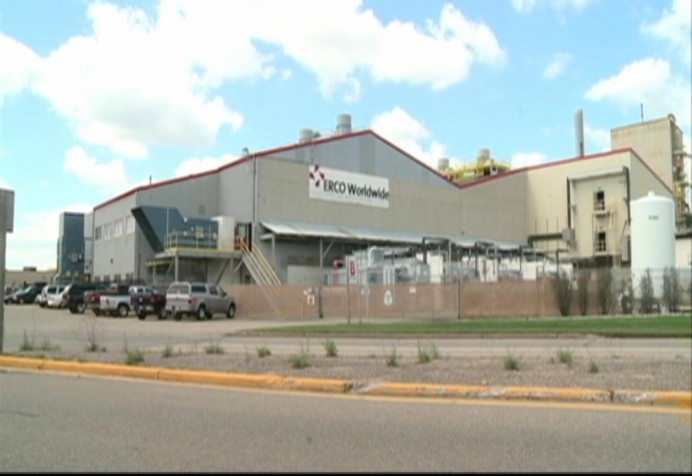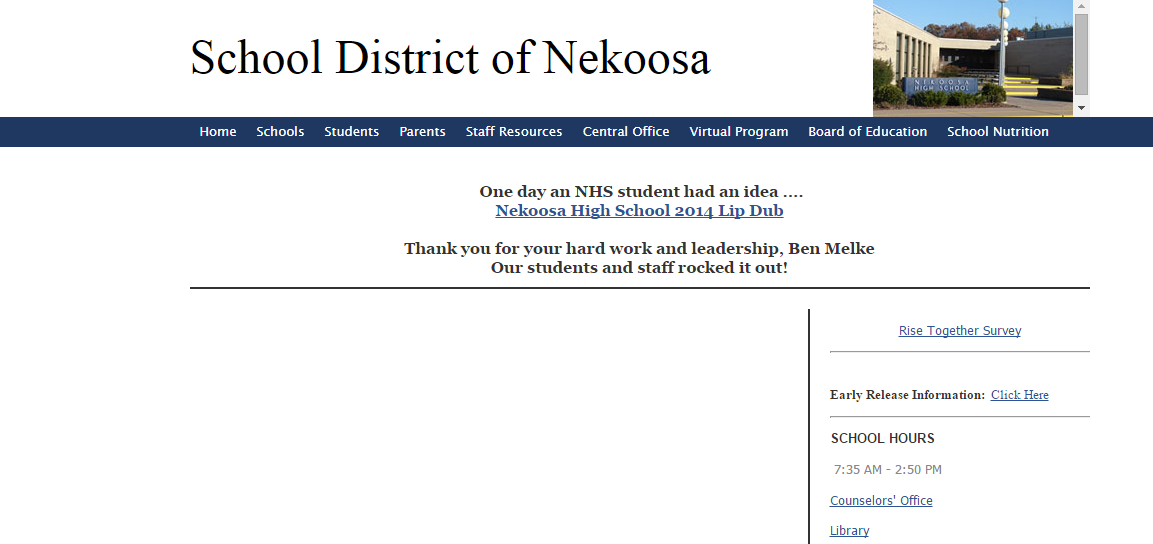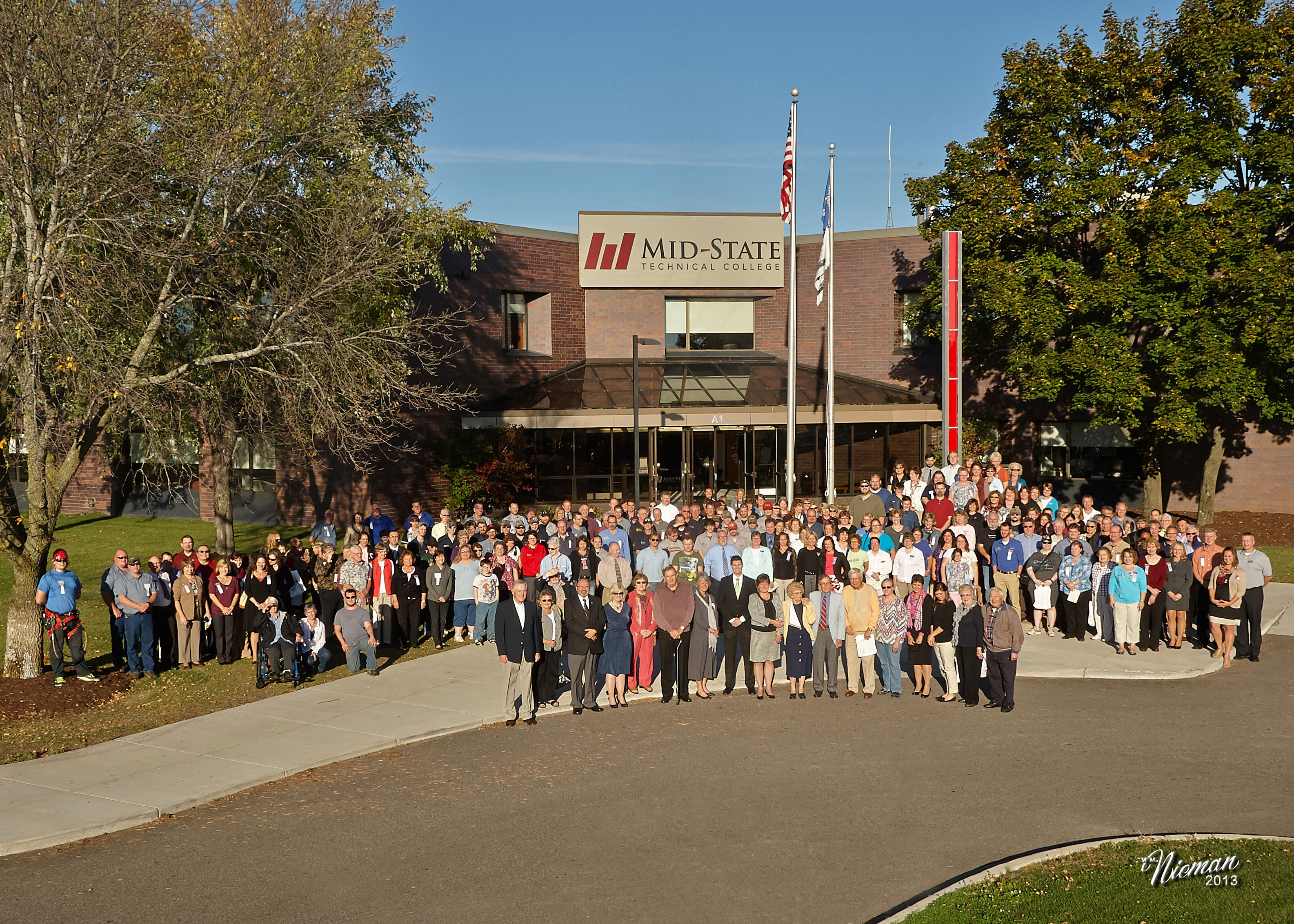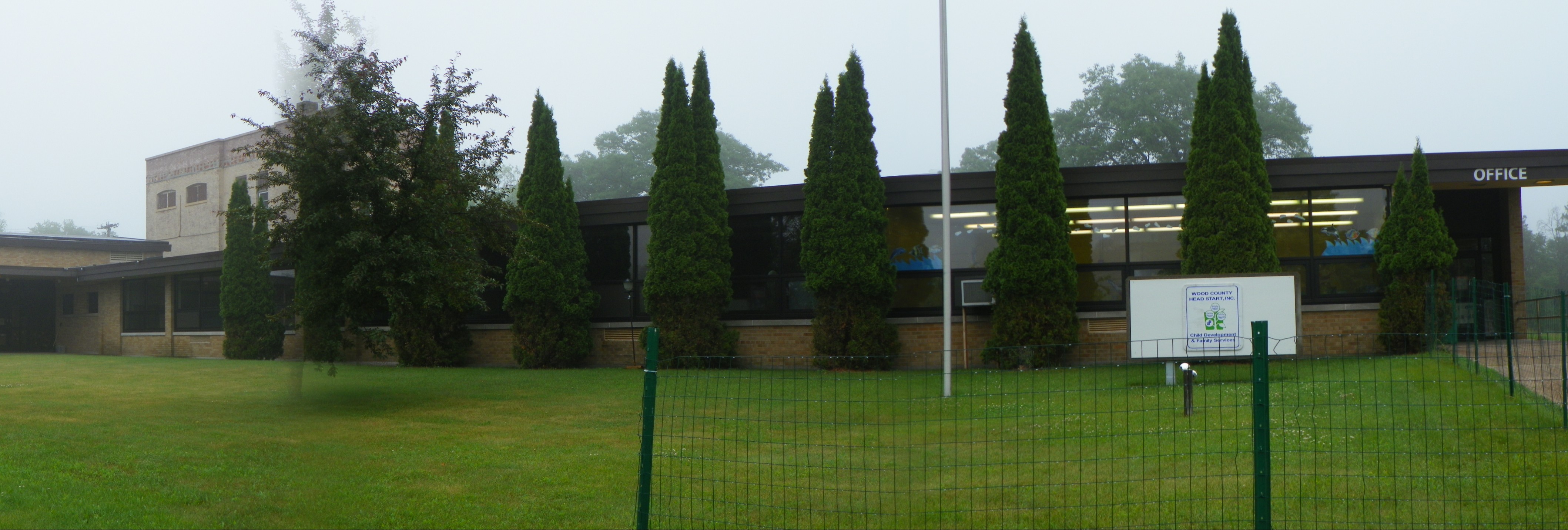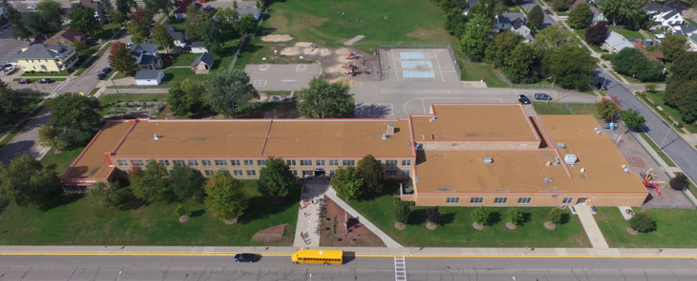Mid-State Board Adopts 2017-18 Budget
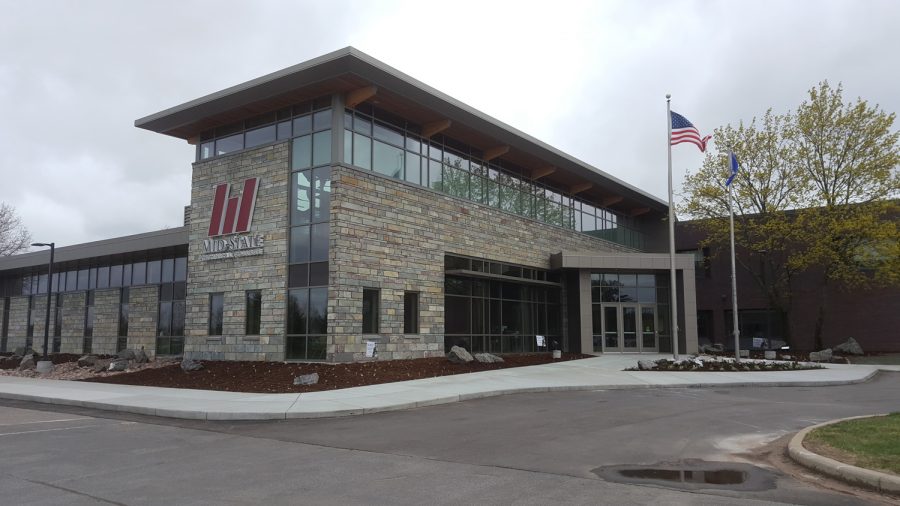
For the City Times
WISCONSIN RAPIDS – Mid-State Technical College’s Board of Directors adopted its 2017–18 budget following a public hearing during their June 19 meeting in Wisconsin Rapids. The annual budget went into effect on July 1, 2017.
The new General Fund Operations budget is $30.9 million, a $718,000 decrease from the amended 2016–17 Fiscal Year budget. The operational budget was prepared with the assumption of steady enrollments as compared to 2016–17.
As in years past, College administrators were tasked with developing a budget that balances the needs of its students and communities with budgetary resources. The higher education industry is also in a state of rapid change, and Mid-State has aggressively sought to address that change through its 2015–2020 Strategic Plan, a key driver throughout the budget development process.
“Our thoughtful approach to budgeting and planning reflects Mid-State’s ongoing determination to enhance student success and organizational effectiveness through relevant programs and services, pursuit of opportunities and a proactive response to the needs of our local businesses and communities,” said Board Chairperson Betty Bruski Mallek via an introductory letter contained in the college’s budget booklet.
According to Greg Bruckbauer, business operations manager, the College’s mill rate is projected to increase just 1.7 cents per $100,000 of equalized property value, increasing the tax bill for a $100,000 home from $86.18 last year to a projected $87.85 in the coming year. Mid-State poses a considerably lower impact than other taxing authorities because the College serves a broad tax base of 97 municipalities in all or parts of Adams, Clark, Jackson, Juneau, Marathon, Portage, Waushara and Wood counties.
“This budget funds our ongoing work to offer innovative programs and access to world-class technology, facilities and services,” said Bruckbauer. “With these resources, we can continue to produce confident, in-demand graduates to meet the growing need for skilled professionals in central Wisconsin.”

